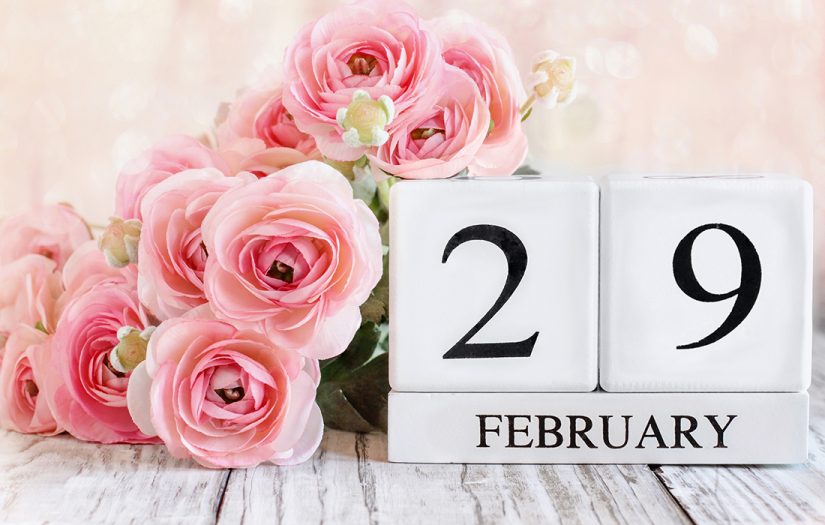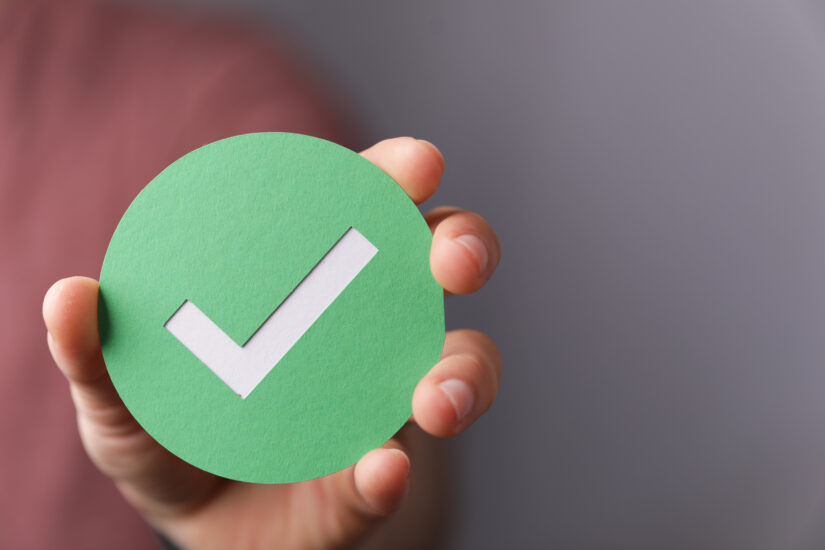Could You Write A “Friend” Series?

Every issue of the “Friend” carries a series instalment. Here’s all you need to know about writing a series for the “Friend”.
What’s the difference between a serial and a series?
A serial is a single story, broken into episodes. A series features a regular cast of characters, but with each episode being an individual story. In TV terms, ‘Endeavour’ is a good example of a series.
How many instalments are in a “Friend” series?
Thirty, with each instalment coming in at around 800 words.
How do I get started?
Think about the type of situations “Friend” readers would feel comfortable with and enjoy reading about, and which would give you scope to develop characters and storylines. For example, in the past, we’ve featured a series which revolved around a choir – giving you a focal point and a flexible situation to write around.
Should I send a synopsis?
Yes, a synopsis is always the starting point, and should be detailed enough to clarify how both the story, and the characters, are going to develop.
What’s most important when planning?
Each instalment should be a self-contained story within an extended, beginning-to-end narrative arc.
Are series always contemporary?
Although recent series have been set in contemporary times, we wouldn’t be averse to considering a historical setting. The word count may make it challenging to set the scene while telling the story…but it is do-able!
If you have a series idea
Plan a synopsis, and send it in to us. If it has potential, we’ll ask you to send in a detailed synopsis for each instalment. If it’s then given the go-ahead, we ask for instalments to be sent in four or six at a time, with all instalments to be delivered before the first is published. Payment-wise, it’s £75 per instalment, paid on acceptance.
Pick up more tips on writing for the magazine on our Writing Tools page.










